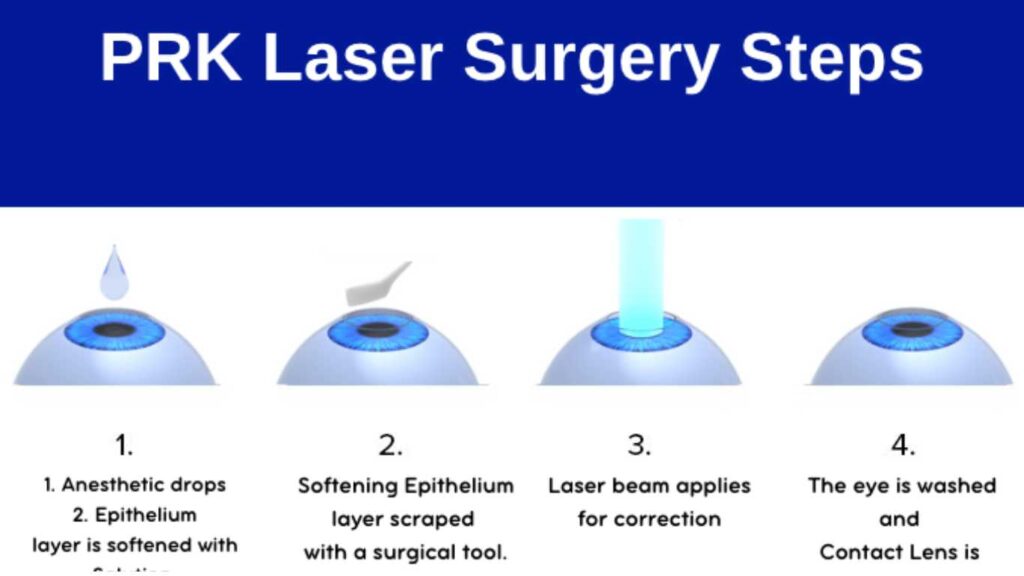Cost Comparison: Laser vs. Eye Drops vs. Surgery in the U.S.
Choosing the right glaucoma treatment isn’t just a medical decision — it’s also a financial commitment. The cost of treating glaucoma can vary dramatically depending on whether you use eye drops, undergo laser treatment, or opt for surgery. Since glaucoma is a lifelong condition, understanding the cost implications of each treatment option is crucial for planning both your health and your budget.
Eye Drops (First-Line Treatment)
Prescription glaucoma eye drops are usually the first line of treatment recommended to lower intraocular pressure (IOP).
Average Monthly Cost
-
Prostaglandin Analogs (latanoprost, travoprost, bimatoprost): $20–$80/month
-
Beta Blockers (timolol, betaxolol): $10–$30/month
-
Carbonic Anhydrase Inhibitors (dorzolamide, brinzolamide): $30–$60/month
-
Combination Drops (brimonidine/timolol, dorzolamide/timolol): $50–$150/month
Annual cost: $240–$1,800 per eye
Brand vs. Generic Pricing
Generic eye drops are often 30–70% cheaper than brand-name versions, making them the preferred option when available. However, not all medications have generic equivalents, and some patients may respond better to specific brands.
Insurance Coverage
Most U.S. insurance plans, including Medicare Part D, cover prescription glaucoma medications, but copays vary. Patients without insurance may benefit from manufacturer coupons or patient assistance programs.
Lifetime Cost
Because glaucoma treatment is lifelong, eye drops can become the most expensive option over time.
-
Estimated lifetime cost (30 years of treatment): $7,200–$54,000 per eye
Key Consideration: Eye drops require strict daily compliance, and missed doses can lead to disease progression, increasing the long-term risk of vision loss and cost of care.
Laser Therapy (Selective Laser Trabeculoplasty – SLT)
Laser treatment has become a popular alternative or complement to medications. Selective Laser Trabeculoplasty (SLT) uses a low-energy laser to improve drainage in the trabecular meshwork, lowering IOP.
Cost in the U.S.
-
Average price per eye: $1,000–$2,000
-
Covered by Medicare and most private insurance plans, often leaving patients with a small copay.
Durability and Maintenance
-
SLT typically lasts 1–5 years, after which it may be repeated.
-
Most patients reduce or stop eye drops after successful SLT.
Cost Efficiency
Over several years, SLT often proves more cost-effective than daily eye drops, particularly for patients with poor adherence to medication schedules.
Lifetime Cost Estimate
If a patient undergoes SLT every 5 years:
-
30-year cost: $6,000–$12,000 per eye
This makes SLT one of the most economical long-term options for many patients.
Surgical Options
When medications and laser are no longer enough to control IOP, glaucoma surgery is recommended. Surgical intervention offers more lasting pressure reduction, potentially reducing the need for eye drops.
Average U.S. Costs
| Surgery Type | Average Cost (Per Eye) | Insurance Coverage |
|---|---|---|
| Trabeculectomy | $3,000 – $5,000 | Typically covered |
| Tube Shunt Surgery | $4,000 – $6,000 | Typically covered |
| Minimally Invasive Glaucoma Surgery (MIGS) | $3,500 – $7,000 | Increasingly covered |
| Canaloplasty / Deep Sclerectomy | $4,000 – $7,000 | Coverage varies |
Post-Op Costs
Postoperative care may include:
-
Follow-up visits
-
Additional medications (anti-inflammatory and antibiotic drops)
-
Possible revisions or secondary surgeries
Lifetime Cost Estimate
Because surgery can reduce or eliminate the need for medications, it can save money long term.
-
Lifetime savings: Up to $30,000+ compared to daily drops for 30 years
Comprehensive Cost Comparison Table
| Treatment | Initial Cost | Maintenance Cost | Lifetime Estimate (30 years) | Best For |
|---|---|---|---|---|
| Eye Drops | Low | High (monthly expense) | $7,200–$54,000 | Mild cases, patients with good adherence |
| Laser (SLT) | Moderate (one-time) | Low (repeat every 3–5 yrs) | $6,000–$12,000 | Early to moderate glaucoma, poor adherence |
| Surgery | High (one-time) | Low (few follow-ups) | $3,500–$7,000 + follow-up | Advanced glaucoma or drop-resistant cases |
Availability in the Philippines
In the Philippines, eye drops are widely available in major cities, though imported brands can be expensive. SLT and surgical options are available in tertiary hospitals like St. Luke’s, Asian Eye Institute, and other specialized centers in Manila, Cebu, and Davao. Costs are generally lower than in the U.S., but accessibility outside major cities may be limited.
Which Treatment Is the Best Value?
-
Short-term affordability: Eye drops
-
Medium-term cost savings: SLT
-
Long-term cost efficiency: Surgery
For patients planning for decades of care, SLT followed by surgery when needed is often the most cost-effective approach, balancing affordability and quality of life.




